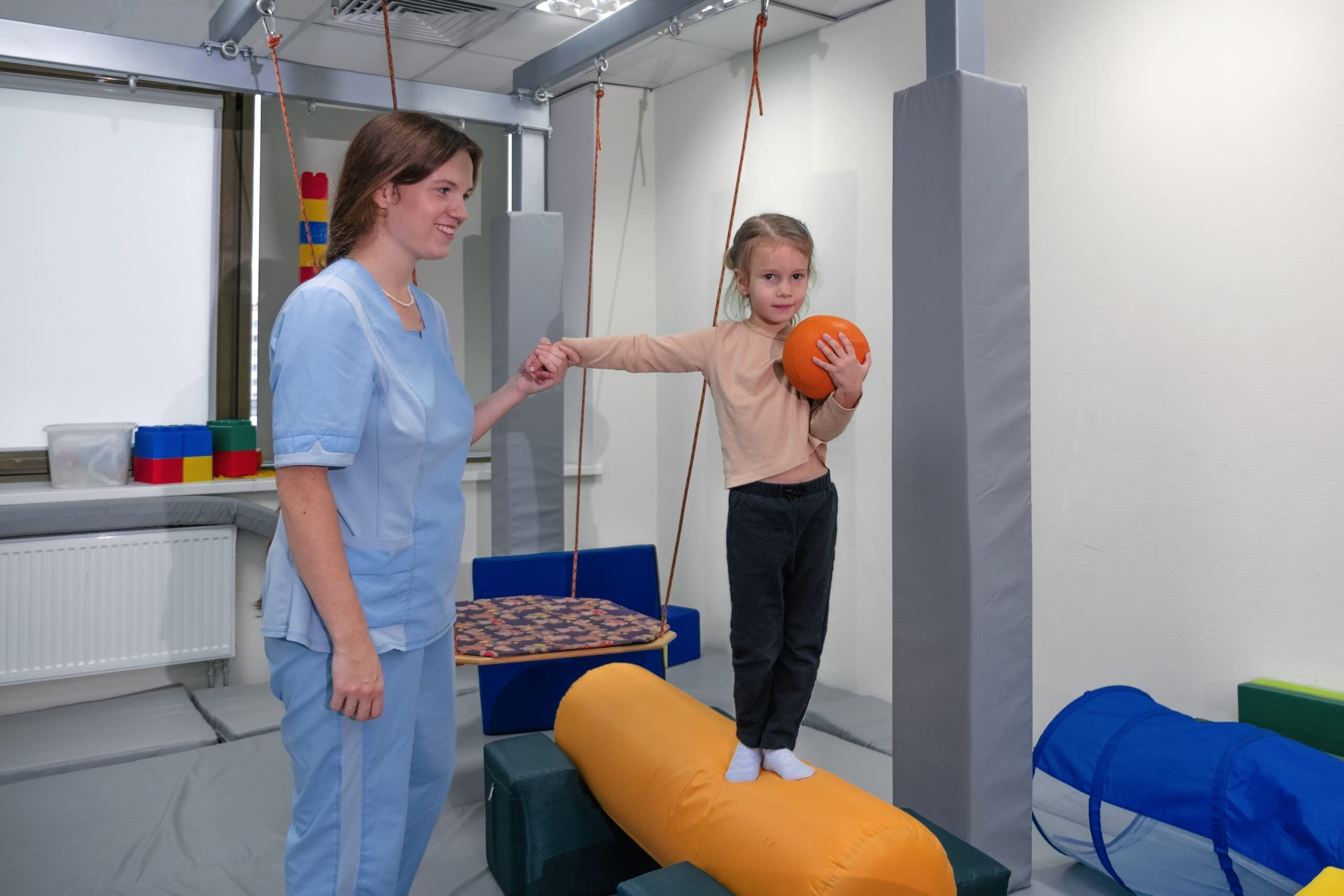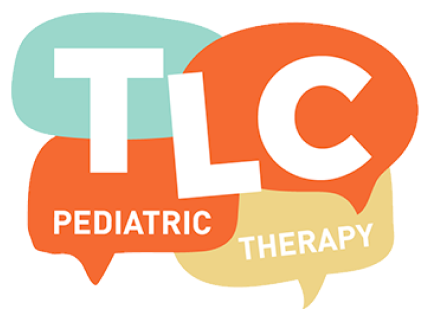Some children will avoid certain sensations or sometimes they will not know where their body is located in space, being described as clumsy or invading others’ personal space. Sometimes a short car ride or going down a slide will make them feel sick. Often fright will be with a child as she walks up each step on the playground. This discomfort to a child can make daily activities and social activities difficult to endure.
Sensory Integration Therapy

A child’s internal sensory system helps him to make sense of the world around him and locate his body in relation to it. It provides a secure sense of trust in his body to keep him safe and only respond to things that are true threats to safety. This allows him to play with curiosity and joy, confidently explore new environments and make new friends along the way.
Sensory integration includes the integration of the sensory systems to produce a functional and productive behavior. When there are disruptions to any of the sensory systems, it limits the coordinated and balanced performance of the whole body.
The sensory systems evaluated and treated are:
- Vision – seeing
- Auditory – hearing
- Gustatory – tasting
- Olfactory – smelling
- Tactile – touching
- Proprioceptive – sense of positioning among the body’s joints
- Vestibular – sense of movement and balance
TLC’s expertise in sensory integration provides children with sensory based play to help develop their foundational sensory systems. When children have developed sensory systems, other skills like fine motor, cognitive, and speech and language have a stronger foundation to develop from. The best part about sensory integration intervention is that it is a lot of fun – swinging on swings, sitting on balls to complete a tabletop task, finger painting and more! TLC clinicians are experts at recognizing a child’s capacity to be challenged at a pace that ensures the child feels safe to continue exploring. Sensory based intervention is delivered across all services to promote engagement in therapeutic activity.
A child may have a diagnosable Sensory Processing Disorder or may have a sensitive sensory system that is equally contributing to difficulties in daily functioning. If you suspect your child may have Sensory Processing Disorder, we recommend you consult with her primary care provider or pediatrician.
If you think your child would benefit from sensory integration therapy at TLC, please complete step one of the therapy process to receive a free consultation from a TLC Patient Care Coordinator.


